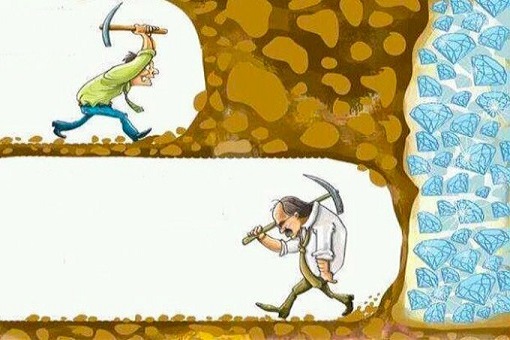
Hear this blog entry read by Allen Rubinstein by clicking below!
Sometimes my workshop students ask me, “Am I any good at this, or should I just give up on poetry writing and pursue some other career options?” I wonder if other teachers get this question. Are professors in med schools inundated on the first day of class by nervous enrollees, groaning, “I’ve never performed successful open heart surgery before, and I can’t find the hypothalamus on my boyfriend, and I’ve never once been invited to give a lecture at the Keck foundation. Maybe I’m just not cut out for this kind of work. Should I give up now and become a novelist instead?”
I think a lot of folks suffer under the illusion that you have to be born with a special talent, or else you’re sunk. The truth is, like most things, writing can in fact be learned. Like heart-surgery, or using Excel, or making a good quiche Lorraine, writing is a skill. The question is not, “Am I good at this?” but, “Do I like doing it?” Do I like writing, or reading other good writers, or sitting at a desk, staring out a window, contemplating the sound of the rain? If so, then keep doing it, even if you’re not good.
If your aim in writing is to get good – quitting will definitely not help. Persistence will help. Learning new craft techniques will help. Finding a teacher and a group of supporters will help. Putting your butt in the seat and keeping it there on a regular basis will be the only thing that helps you get better.
Sometimes I wish I could show my students my earliest poems. I can’t because they all burned up in a fiery conflagration one night when I accidentally threw a flaming match at them, and giggled maniacally as I danced around their flames. But if my earlier poems were still around, I would let them see that they were really, objectively, terrifyingly bad. In fact, some of the stuff I write now is still abominably bad. The first paragraph of this blog post was atrocious. I wrote it at 5 p.m., waiting for happy hour to start, then deleted it the next morning, and rewrote it again over coffee and a peanut butter and chocolate scone.
That original batch of bad poetry emptied out the first steaming pile of bad writing from my head so I could examine it and see what was there and what wasn’t. It was proof positive that whatever else I did during that period of my life, I showed up to my writing desk and practiced putting one weary word in front of another. I kept taking classes. I kept learning new technique.
If I hadn’t found that matchbook, you could follow along as the dull and tedious writing slowly replaced by more interesting phrases, greater metaphors, stronger pieces of imagery – maybe even a degree of greater truthfulness about myself as a person, and more apparent authority and confidence in myself as a writer.
Focus on the work, not the result.
When I teach, students often come in while they are still floundering around, trying to figure out what they are good at, or after retiring and sending their kids off to college. They come in because they’re bored, or they’ve been told they have some talent, or because a friend invited them. Either way, if they show up each week with lousy poetry, after a few weeks or months, something magical happens. They blossom. They find their voices verse by verse.
What determines the greatness of the work is not the quantity of talent they start out with. It’s the amount of time and energy they put into cultivating that talent. It’s the number of days they put their pen to paper. It’s their willingness to try something new. It’s their vulnerability, and their fear, and staying open to the possibility of discovering something new. Sometimes it takes taking a dose of humility to say, “I don’t know what I’m doing,” and then doing it anyway.
If I could give any advice to an aspiring artist today it would be this: keep doing it, and do it differently each time. Be open enough to listen to others and brave enough to experience your own voice as it slowly emerges. Be tender and supportive of yourself on your journey, and thankful to those who are trying to help. Make friends along the way, especially with your own muse. Learn to lasso your inner and outer critics, so that you control them and not the other way around. Cultivate kindness towards the work of others.
Above all else, dig just for the sake of digging. Don’t concern yourself with awards or yardsticks or outside approval. Dig because you want to see what’s down there. Dig because there is a heat you want to feel as you approach the center of the earth, your own truth beating like the hot, heated, molten energy of your own heart’s core.
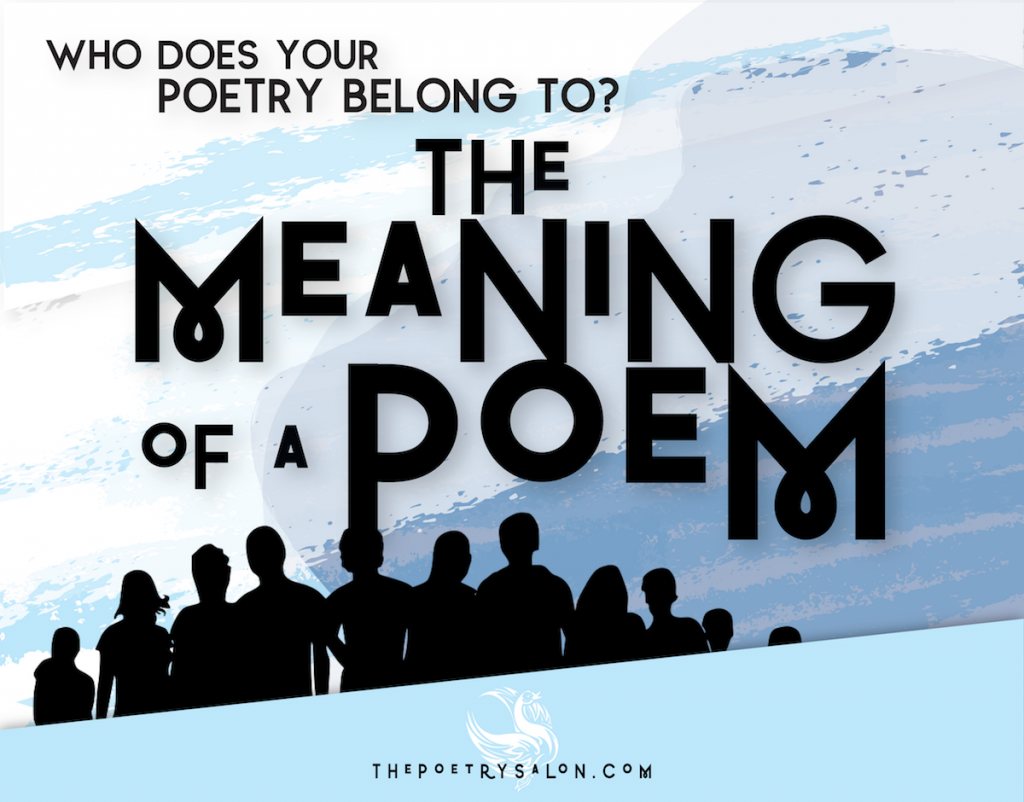
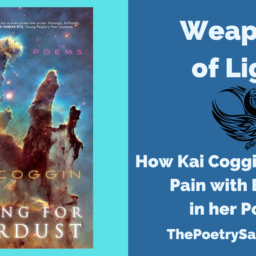
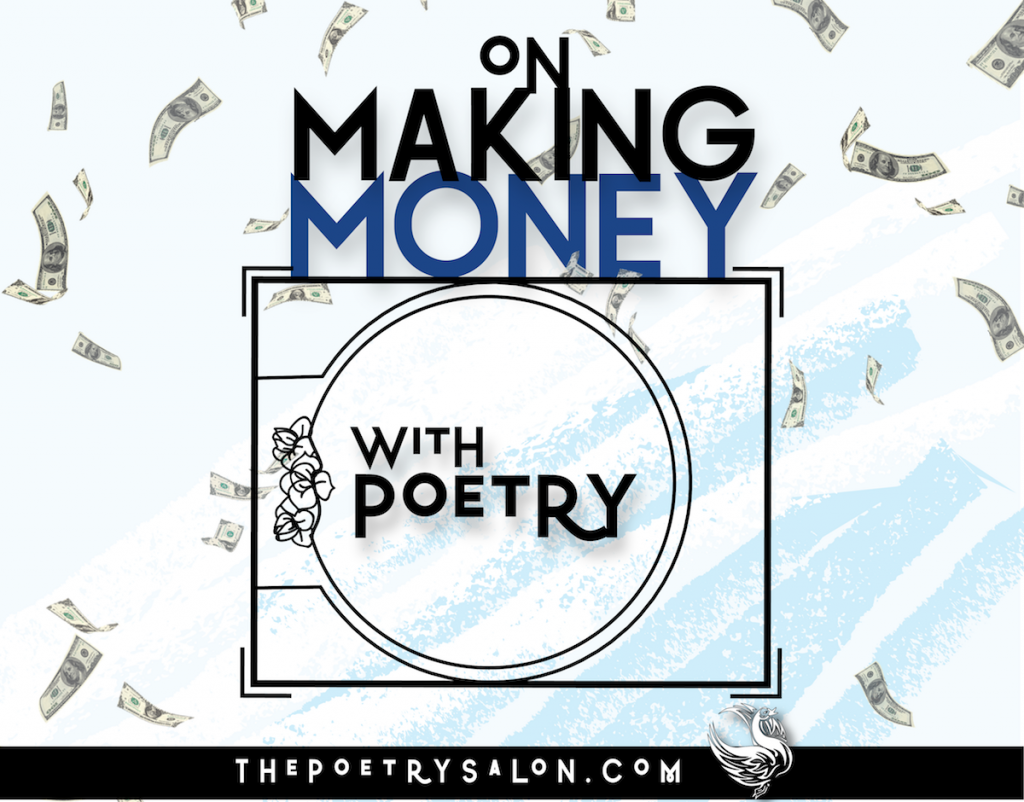
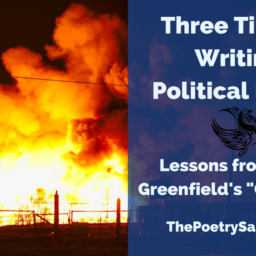
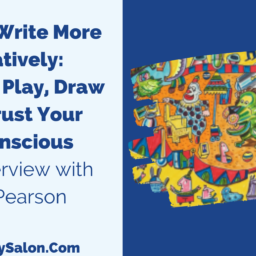

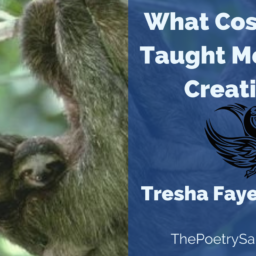
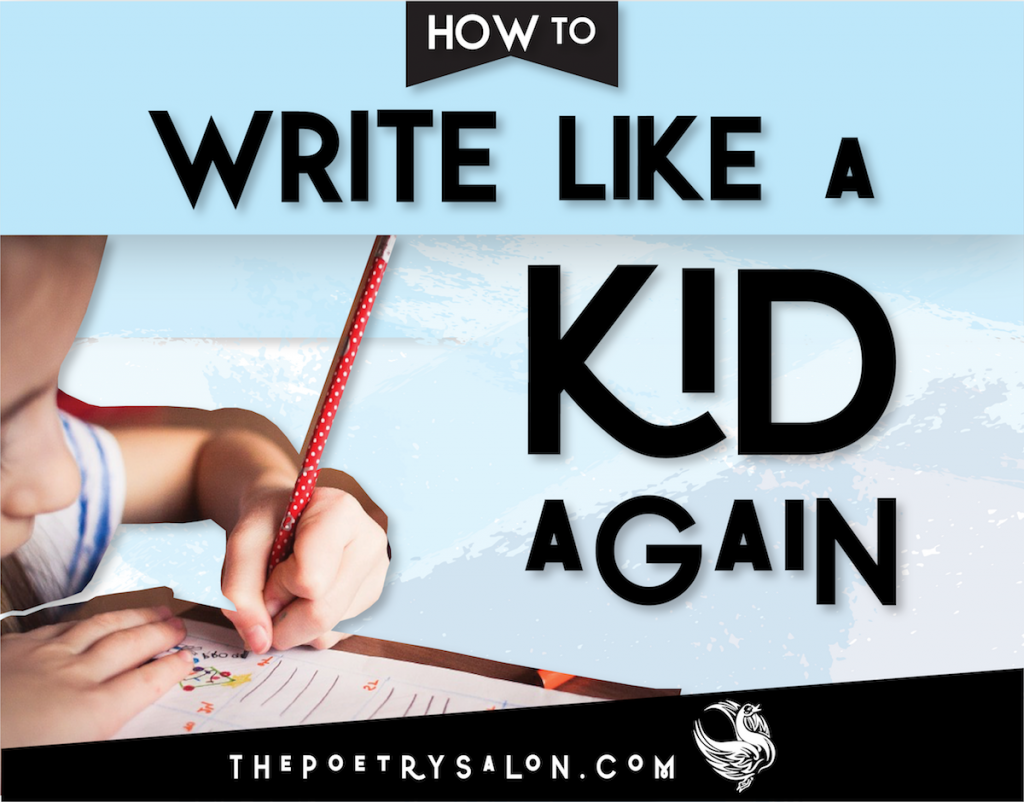
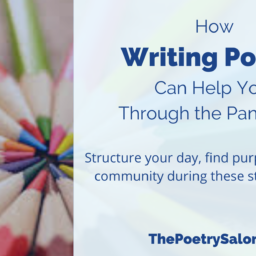




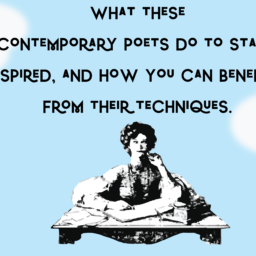
[…] too fast. Writing too fast for my ego to catch up with me. Writing too fast to avoid writing. The secret is not writing well, but writing so often and so fast that at the end of the month, I usually have sixty pages of […]
Gorgeous metaphor at the end there! I suppose the core of truth is at my heart…